This post is also available in:
![]() Français (French)
Français (French) ![]() Русский (Russian)
Русский (Russian)
By Natalia Yurevich
Several years ago, Maria Smirnova was one of the senior financial specialists at General Electric and could hardly imagine that she would become the founder and director of three international Montessori schools near Paris. In the interview for Madame Success, Maria told us about the process of starting a school from idea to launch, shared insights about how to help every child find success in maths, and what it takes to do what you love.
Maria, your life of a school director, entrepreneur, and the mother-of-two is strenuous. Thank you for making the time to meet. You had a high-flying career in Finance and International Business, I wonder, why did you decide to switch a career path?
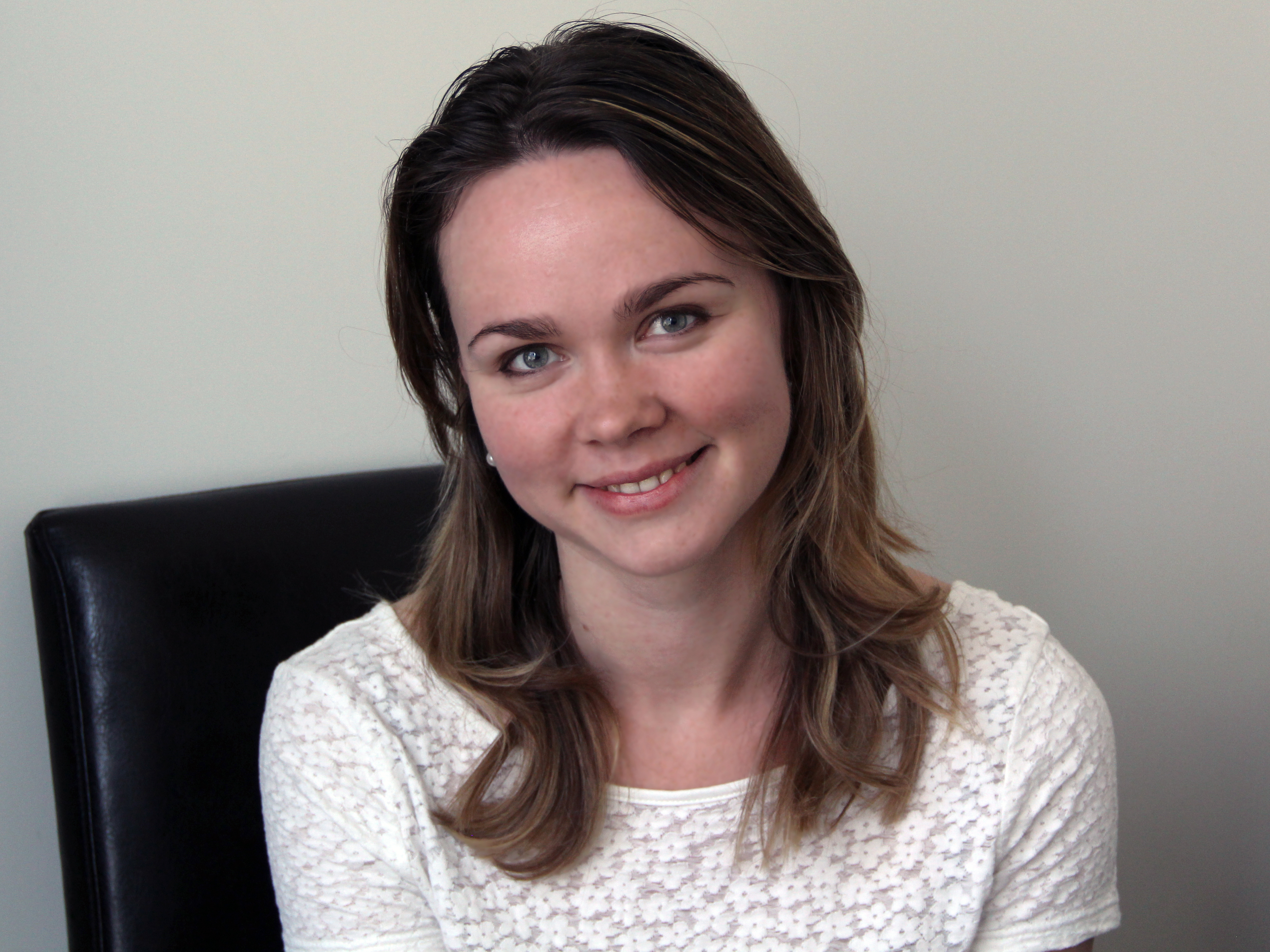
It all started in my childhood. I grew up in Fryazino, a town near Moscow, that is known for its Research Institutes in the electronics industry. It boasts a high number of PhDs and researchers’ families living there, my family being one of them. My parents signed me up for a specialized public school with enhanced education in mathematics and physics. It was a very common choice for our town. I have always been good at maths, and later I graduated from the Higher School of Economics in Moscow.
My career took off in the French company Castorama. At the time, they were gearing up to open their first retail chain in Russia. I joined the team of seven young professionals, everyone was ambitious, enthusiastic, and full of ideas. I enjoyed working with them together and decided that I liked corporate culture.
Later, I continued my education and graduated with a Master’s degree in Finance and Strategy from Sciences Po in Paris. I worked for General Electric in Paris, Moscow, and London. When I returned to Paris, I went on working in corporate finance. I got regularly promoted and my professional future looked bright.
Things started changing with the birth of my son, Sasha. I got to read Maria Montessori’s book The Secret of Childhood. This book did not only radically influence my ideas of how to raise a child but also helped me to understand what kind of life and relationships I wanted to have.
I, surely, had a well-paid job with great career opportunities but I realized that I was not excited about doing it for the rest of my life.
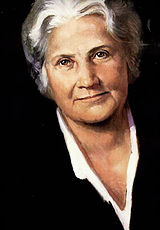
I ended up reading all Maria Montessori‘s books. I attended two workshops about how to set up a Montessori school and enrolled for the Montessori 3-6 Training. No matter how early, I would easily jump out of bed to study Montessori method. I had never felt this way about my office job.
All that during your maternity leave?
Yes, everything started when I was on maternity leave. I took 10 months off to take care of my baby, while I was staying at home, I started studying the Montessori method to become a certified Montessori teacher. When I returned to the office at General Electric, I continued learning in my spare time. I also started writing a business plan.
At some point, I realized that at the age of 15, I was dreaming to start a school! Besides, I was born on the first of June, that is recognized as International Children’s Day. There might be a connection between all these things after all.
Still, you were working full-time and you had to take care of your baby. How did you find the time to do it all?
I believe that whenever you get started, you need to completely concentrate on what you want and trust yourself.
My favorite Mark Twain’s quote is:
“They did not know it was impossible so they did it.”
I can relate to it so much. I trusted that I could do what I wanted, and in addition to that, my lack of time and the fact that I was a young mother, pushed me to organize and prioritize things extremely efficiently.
How long did it take to go from idea to your school opening its doors?
Almost two years.
We opened the first International Montessori school Beautiful Minds in Courbevoie, back in September 2013, two years after the birth of my son in 2011. Four years later, we are operating three international Montessori schools near Paris.
How did you choose the name of your school?
I feel that a school name should fit the vision of the education we provide.
I feel confused when a school name does not honor a child, for instance, such a name as “Little Raccoons” might be funny, but does not necessarily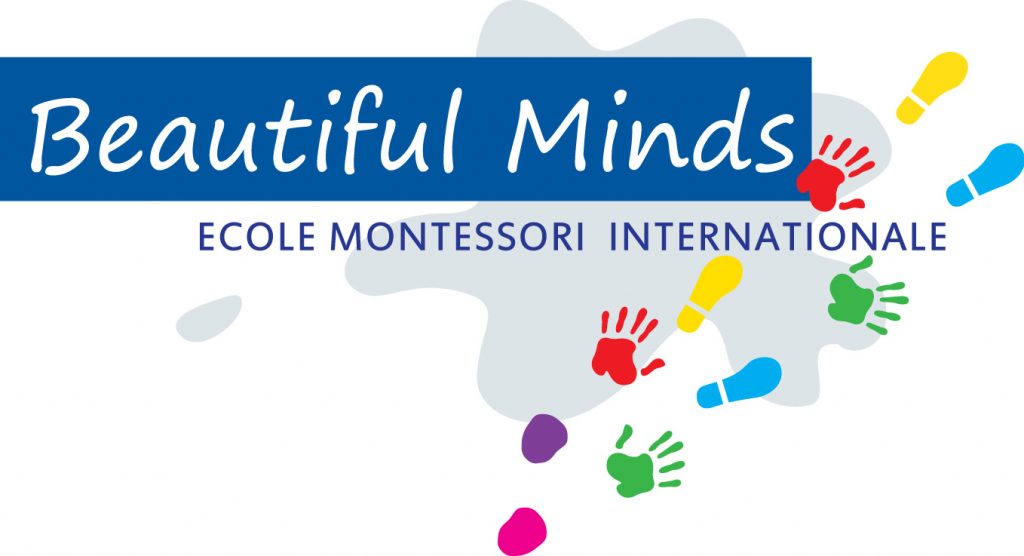 evoke a dignified image of a child.
evoke a dignified image of a child.
Too often, the school names bring out the cuteness of a child. For me, it was important to emphasize the richness of the inner world of a child. So, I immediately thought of Beautiful Minds.
What were the steps you made to start the school in those 2 years?
First, I had to find a facility.
It took me about six months to locate the right one, and I consider myself lucky, it is quite possible to keep looking for years.
Then, I had to do the paperwork, taking care of all the permits etc. We also had to renovate the facility, buy Montessori equipment and materials, design a website, interview and hire teachers, and of course, promote the school to prospective parents and their children.
All that while still working full-time in General Electric and doing the AMI 3-6 Summer Course.
Did you have a mentor? Who was supporting you at that time?
My family, my parents, and also my aunt, who besides being an amazing person in my life, is a professional coach. Talking to her helps me to understand what is really important for me and to find the best solution on my own.
Does it help to have good skills in Finance?
I am more using my Project Management and people skills, it is important to communicate with different people, and of course, I have been always driven by my passion for Montessori education. Yet, it certainly does not damage to know about Finance.
Did you want to start several schools right from the start?
I actually was not thinking of starting several schools at all, it was rather by lucky coincidence, even though today I can say that everything in life happens for a reason.
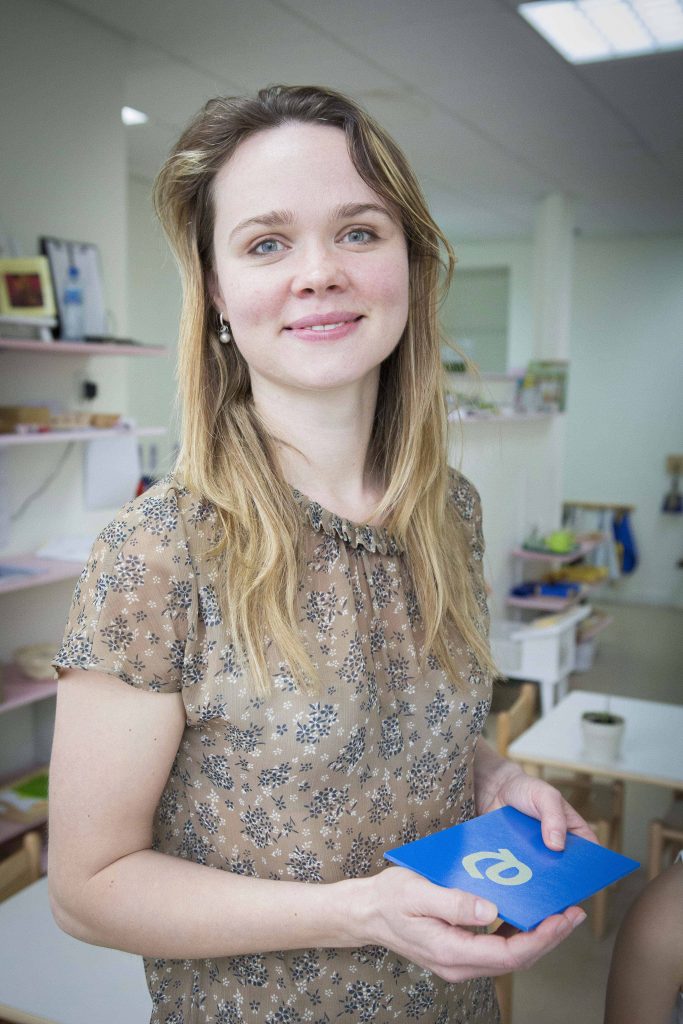 A year after we opened our first Beautiful Minds school, right next to us I noticed an absolutely great facility that just got vacant. I realized that it was an exceptional opportunity to grow the school. We rented the place and opened a new Franco-Russian class there.
A year after we opened our first Beautiful Minds school, right next to us I noticed an absolutely great facility that just got vacant. I realized that it was an exceptional opportunity to grow the school. We rented the place and opened a new Franco-Russian class there.
At the same time, in September 2014, we opened our school in Puteaux, a town nearby. And again, it was by lucky “coincidence”. One day, when I was getting out of my house, I saw a lovely commercial place next door that was put up for rent. This place became home for the second school.
Our last project was the result of cooperation with the local council of Puteaux. The Puteaux authorities found out about our Montessori school project, contacted us, and offered us to use a new fantastic building that we are renting now at the Place du Théâtre in Puteaux. That is how we opened our third school and our first elementary classroom.
Did you actually face many problems?
It depends on how we define a problem.
I often ask myself: “Is it really a problem or just some particular life circumstances?”
I am trying to learn a lesson from every situation. As my another favorite quote goes:
“Each problem is a gift, wrapped up in a problem. The bigger is the problem, the bigger is the gift inside.”
Yet, the most difficult part for me remains to find the right balance in life.
In the meanwhile, you got your second baby.
Yes, my daughter Nina was born a month after opening the second school and expanding the first one.
Did you go on maternity leave?
 My second maternity leave was relatively short. When Nina was 4 months old, our Russian-speaking teacher got sick, she had to stay at home for several months and could not come to school. At that moment, it turned out to be quite difficult to find a certified Russian-speaking Montessori teacher in France, so it was me who replaced her.
My second maternity leave was relatively short. When Nina was 4 months old, our Russian-speaking teacher got sick, she had to stay at home for several months and could not come to school. At that moment, it turned out to be quite difficult to find a certified Russian-speaking Montessori teacher in France, so it was me who replaced her.
I would bring Nina to school. She would be lying on her little mat in some part of the classroom, while I was busy with the other children. I do not think that it had any negative impact on her. On the contrary, she is incredibly social. This September she joined that same class as a student now.
“C’est la vie !” as they say.
Is it that bilingual French-Russian class?
Yes, it became a trilingual class now, we added English to the curriculum.
Do you teach three languages in each of your schools?
 For now, we have just one trilingual class, the other Beautiful Minds schools are bilingual, French and English.
For now, we have just one trilingual class, the other Beautiful Minds schools are bilingual, French and English.
What did you like to do when you were little?
At school, I really loved learning foreign languages.
I also was learning to play the piano at the music school. I loved music and I still enjoy listening and playing my favorite composers, Frederic Chopin and Sergey Rachmaninov.
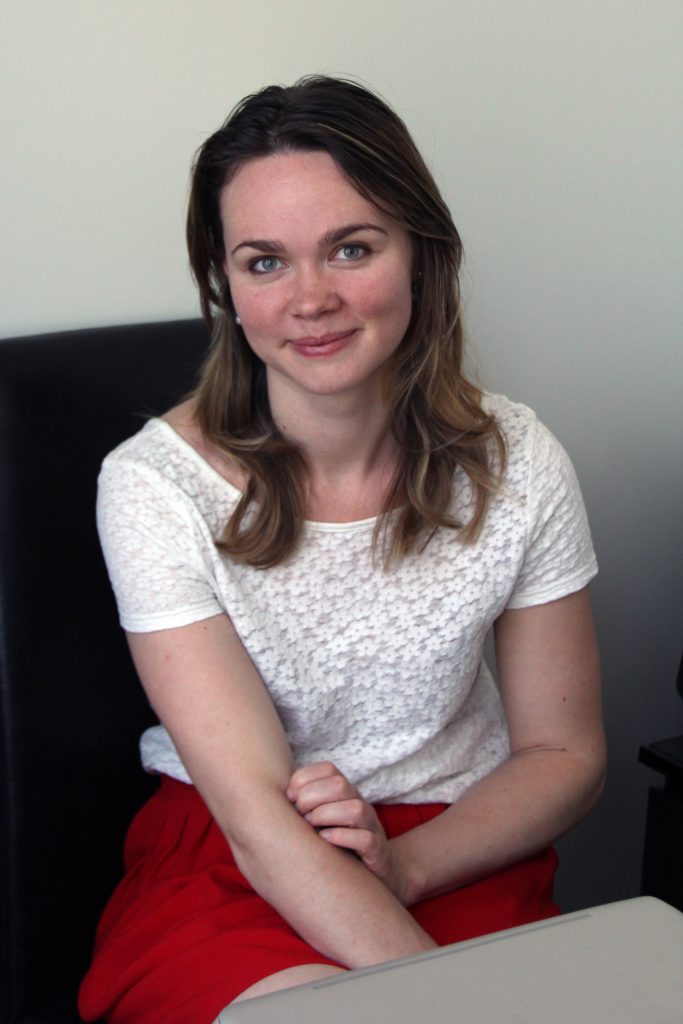 I was also part of the Children’s Musical theatre “On the Wings of Music” under the guidance of one of the most talented and innovative professors, Irina Tulchinskaya. One of my favorite plays was “The Snow Queen“, I still can recall most of the songs from it.
I was also part of the Children’s Musical theatre “On the Wings of Music” under the guidance of one of the most talented and innovative professors, Irina Tulchinskaya. One of my favorite plays was “The Snow Queen“, I still can recall most of the songs from it.
Besides, I have always enjoyed reading. I was a book-worm and I have always loved poetry. I was even writing poetry at some point.
Yet, I had absolutely no time to watch TV or going to the movies. I did not really have much time for entertainment.
Very interesting. Maria, teaching is a stereotypically female job. Do women dominate in your schools?
Yes, I have to confirm it, most of our teachers are women. Up to now, we have only had two male teachers.
Why do not more men go into teaching?
It could be because women on average spend more time with children, they might feel more comfortable and more inclined to choose teaching as a profession.
But I want to believe, it will become less so over time.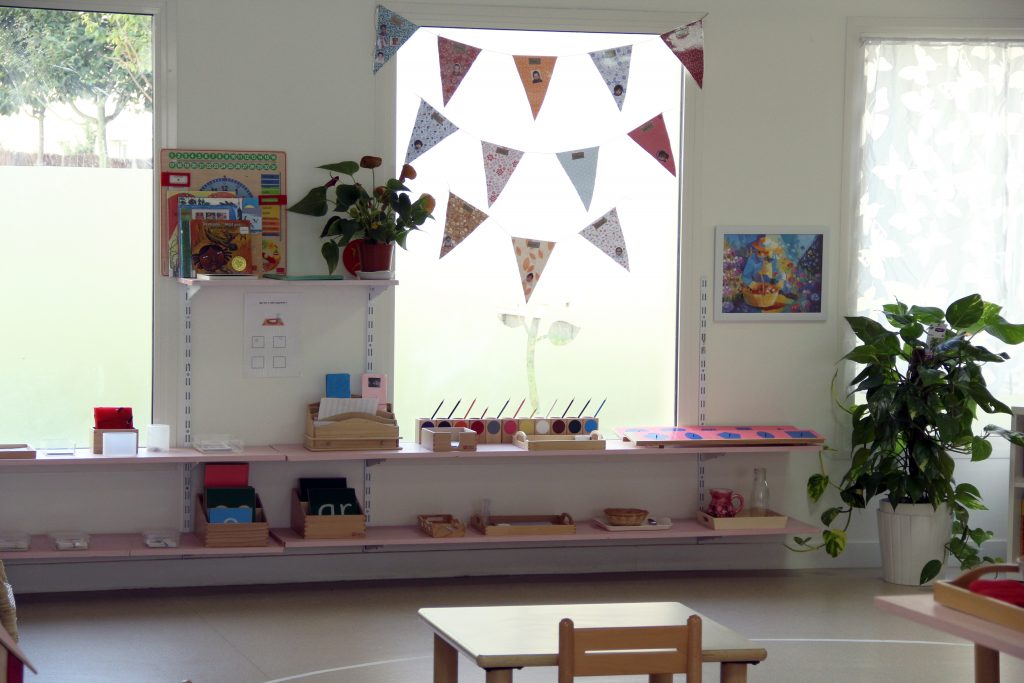
For example, in France, fathers are entitled to 6 months paternity leave to take care of their child. Scandinavian countries offer even better conditions to fathers and mothers, they can stay at home to take care of their children even longer. Not coincidentally, they have more male teachers working in Scandinavian schools.
Do girls need extra support to be successful in maths and science?
We do not separate girls and boys in our schools, we treat them equally.
Both, boys and girls might have good skills in maths or prefer drawing. I recently researched whether women could learn math at the same level as men for one of the parents’ meetings in our “Cafe Parents”, a meet-up that I regularly host for parents.
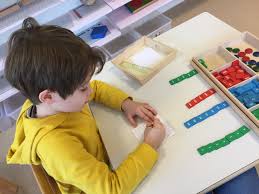 Many international researchers found no large overall differences between boys and girls in maths performance. Though, the boys still have a slight advantage in maths. One of the reasons for that is that women got access to education much later than men. Nevertheless, any gender differences actually narrowed over the past decades belying the notion of a fixed or biological differentiating factor.
Many international researchers found no large overall differences between boys and girls in maths performance. Though, the boys still have a slight advantage in maths. One of the reasons for that is that women got access to education much later than men. Nevertheless, any gender differences actually narrowed over the past decades belying the notion of a fixed or biological differentiating factor.
Early experience, educational policies, and culture also strongly affect success in maths and science.
It is also interesting to know that men and women use different clumps of neurons when they solve math problems, women are more likely to engage more of their brain zones than men.
Still, today maths teaching is rather adapted to the male brain.
For instance, when we solve math problems, it is important to encourage a dialogue, have a verbal association, work in groups, estimate the results and debate about it.
If maths were taught this way, which is the case for Montessori, the education system would have been more adapted to girls, and girls would get much better results in maths, though boys would definitely benefit from it, too!
Interesting insights! Let’s now talk about success. What is Success for you?
Success for me is self-realization, being happy, doing what you love, helping other people to realize their full potential.
Do you talk to your children about success?
We have not had this kind of conversations so far.
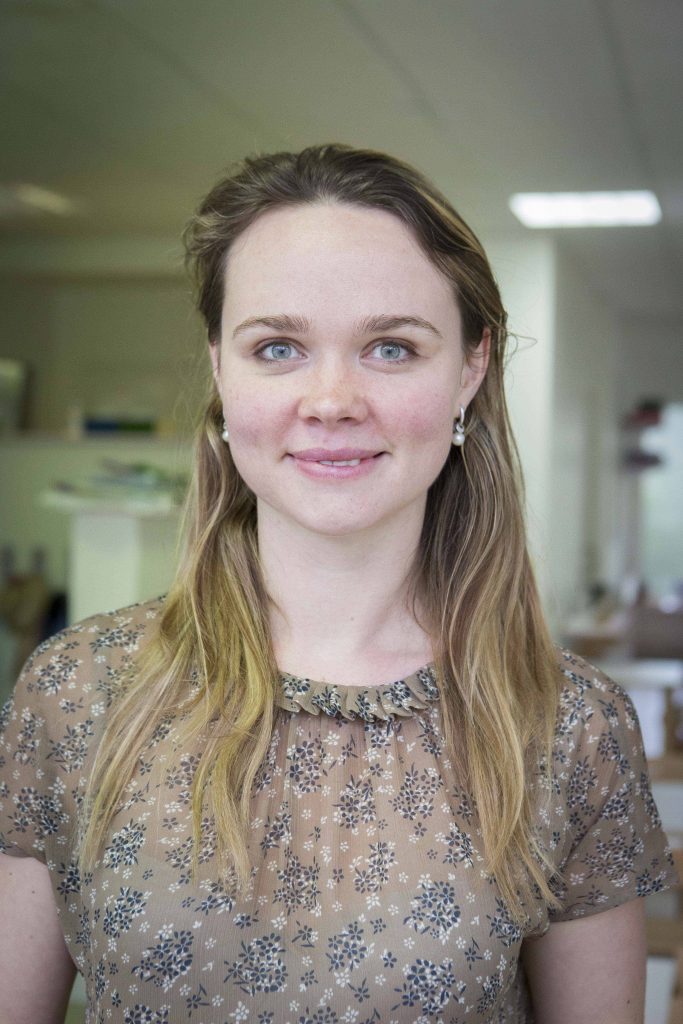 My youngest, Nina, is still too little, but my elder, Sasha, is now 6 years old, that could be the age when he might become curious about this topic.
My youngest, Nina, is still too little, but my elder, Sasha, is now 6 years old, that could be the age when he might become curious about this topic.
I would love to help my children to build healthy self-esteem, to develop their talents, live in their own rhythm, and to be happy.
Talking in Montessori language, I would love them to find their “cosmic task” – a meaningful purpose in life which will help them to develop their full potential and will also have a positive impact on the humankind.
Who would you call successful?
It is difficult to tell because we cannot know what is behind of what we imagine as “successful”. It is very personal.
Many people believe that success would mean to have a good position, to have a lot of money etc but we do not know whether people who got there, are really happy and whether they are doing what they love.
Someone said:
“You don’t have to do something just because you are good at it”.
That is also true about me. I used to have a very successful career in finance and everyone around me tended to believe that it was my destiny, something that I was meant to be doing all my life. Although I had the skills to do my job well, it did not make me want to wake up early and run to work.
What would you recommend to those who want to start a school?
First, understand the reasons for starting a school, why is it important for you, what do you want to achieve, what is special about your educational approach.
Try to picture this school: what values would it have, what kind of parents would you like to work with, for whom it would exist.
If it is not clear for you, it will not be clear for the prospective parents, and it might be more difficult to open it, find the students etc.
Regardless of whether you want to start a school or something else, I would recommend that you share your ideas with other people. There is always a chance that you would be talking to the right person who would be important for your project.
The more people know about your project, the better. If no one knows about your plans, it is hard to find help and make them happen.
Maria, how do you organize your day? Do you plan a lot?
I always start from writing a list of the items I am going to work on in the next few weeks. I plan and I always try to evaluate the risks.
I ask myself, what would happen if I do not do this or that sooner, and prioritize accordingly.
I still have not found the ideal planning system, therefore I am constantly trying to optimise mine, to find the solutions that would help me to increase my productivity and efficiency of my work.
As Dwight D. Eisenhower famously said:
“In preparing for battle, I have always found that plans are useless, but planning is indispensable.”
What time do you wake up?
It depends, but I try to wake up about 6 am.
When do you go to bed?

It also depends, I try to go to bed before 11 pm. Some studies found that the most efficient sleep occurs between 10 pm and 2 am, that is the time when our body cells regenerate themselves and we get a good rest.
What is your morning routine?
If my morning starts at 6 am, I would try to start with writing. I would write about random things that are not necessarily related to each other. I might also write some positive affirmations. Besides, I love to devote about half an hour to reading. And after, I start getting ready and wake up the children.
Which books do you like and recommend?
I would surely recommend the books of Maria Montessori, e.g. her book “The Secret of Childhood“.
I also love Brian Tracy’s personal development books, one of my favorite is “Maximum Achievement”.
For those who are looking for opening up their creativity channels, I would recommend Julia Cameron’s book “The Artist’s Way“, famous for its idea of the “morning pages”.
What do you eat for breakfast?
I like having a high-protein breakfast. I also try to always eat some fruits. It fills me up and helps to have enough energy.
What about your children?
They would eat something similar, maybe something a little bit sweeter, but we do try to eat healthy food.
Do you allow them to eat sweets?
Well, yes, I do.
How do you fight procrastination?
I might have moments when despite working hard on something, I get stuck.
When it happens, I try to put those things aside and get busy with something else.
And usually, the puzzle gets solved by itself.
If I feel stuck, I might also write down the question before going to bed, sending a sort of a request to the Universe to help me solve my issue. Sometimes, I get really interesting answers.
Maria, what’s next for you?
I want to keep working further on developing our schools, on improving the quality of the prepared environment for our children. I am working on the launch of a new online platform that should help us to better interact with the parents.
While I want to continue making our Elementary and Primary schools an even better place, I started wondering what would happen when the Elementary school (6 to 12 years) would be over. That is why I want to learn more about “Montessori for Adolescents”.
I am very interested in this subject but I know that it would take a different kind of effort to run this project. We would need more space, maybe a separate building and a land plot. That would be a project of a different size, both geographically and financially, more institutional, I would say.
Besides, I am working on my first book about creating the prepared environment for children of all ages.
I would love this book to become a handbook for everyone who wants to start a Montessori school, who wants to know what is important when you work with the children of a certain age.
My plans are to finish writing this book.
And I would also love to spend more time in nature with my children. We live in a city and spend most of our time in it. I would love to be able to go to the forest, mountains etc more often with them.
Maria, the very best of luck with all your plans. Thank you for the inspiring interview.
Useful links, addresses, and notes
Connect to Maria Smirnova:
Beautiful Minds International Montessori School
Learn more about Montessori:
Become a Montessori teacher:
Personalities
Books
Images: Beautiful Minds/ Natalia Yurevich